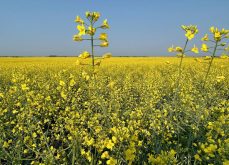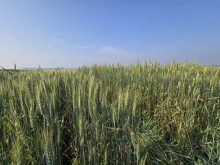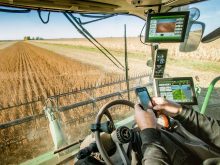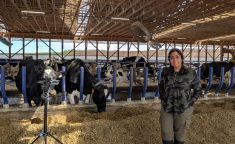If you’re not ready to adapt and communicate with the public, you could lose your place in agriculture.

“In agriculture, we tend to hang on to the best of the past,” said Jolene Brown, farmer, author and well-known speaker. “You’ve all heard the phrase, ‘If you always do what you’ve always done, you will get what you’ve always gotten.’
“I disagree. I think if you always do what you’ve always done, then you’ll be out of business.”
There are four ‘Ps’ affecting both producers and their customers: Pace, people, processes, and product, Brown said in a keynote address at the recent Advancing Women Conference.
The pace of life has greatly sped up, she said.
- Read more: Jump in: Ag needs more women leaders
Read Also
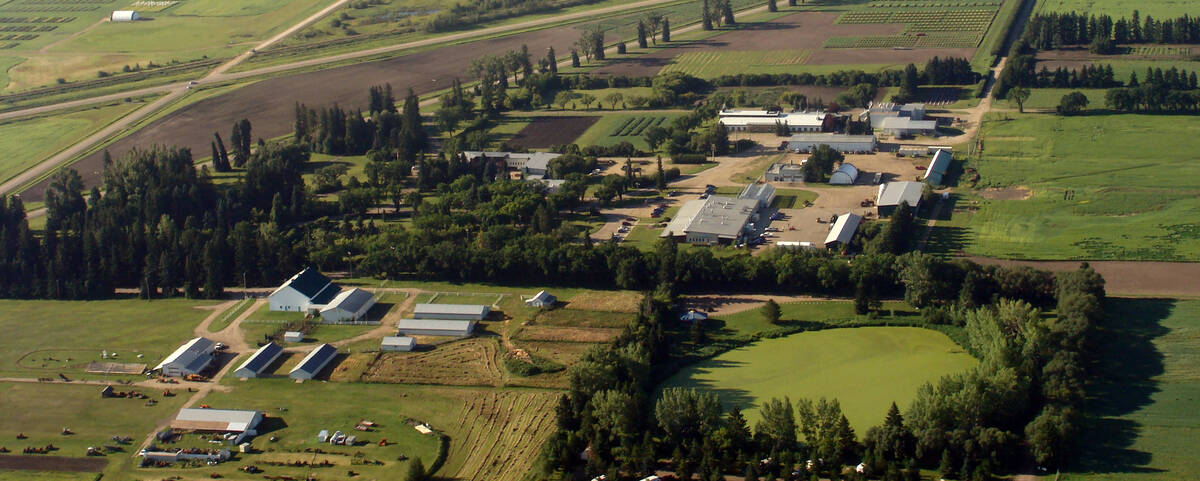
Lacombe research centre closure called ‘catastrophe’
Cattle industry mourns loss of Agriculture Canada’s research centre included in sweeping cuts that were announced late last month.
“People want what they want and they want it right now,” said the Iowa farmer, who admits to grocery shopping online herself.
“Technology is making this possible. Technology is everywhere. You cannot hide from it. Some of you have grown a new appendage, and it is your smartphone,” she joked.
People have also changed. A big portion of the large majority who don’t farm use YouTube, social media, and their buying power to influence how the few remaining farmers go about their business.
“We have to learn how to communicate with people,” said Brown. “It might be in a casual conversation or it might be with a microphone in front of your face. You never know when.”
Know the hot-button topics of the day and if you belong to an ag organization “don’t you dare leave a meeting without the last item on the agenda being, ‘So what questions might we be asked this month?’
“You’ve got to prepare. You and I can truly anticipate 75 per cent of all questions we will be asked. You have got to know the hot topics that relate to your job, what you do, and to all of agriculture.”
And you may find yourself speaking for another farm sector — whether that’s cattle producers asked about GMOs or crop producers being queried about inseminating cows, she said. Know the key messages and how to tell those stories.
“If you aren’t going to stand up and speak on behalf of agriculture, you darn well better be supporting the people who speak on your behalf,” Brown said to applause.
Another people change she highlighted deals with succession. The older generation has to hand the next generation the reins, she said.
Third, the processes used in agriculture have changed — everything is now monitored and measured. Consumers want to know everything about their food and every process that occurs along the way. Producers need to be able to answer questions without talking down.
“As you go through the process, can you educate and not humiliate? This is extremely important,” she said.
Finally, agricultural products have also changed.
“The value of what you do is in the eye of the purchaser, not the producer,” she said.
An often-forgotten part of adding value is your attitude, she added, noting people like doing business with people who enjoy what they do.
In fact, customers aren’t just buying products but also additional attributes, she said. Everyone wants to save time, nobody wants to get old, and nobody wants to get sick. People are very interested in safety, and they want to purchase experiences.
Finally, Brown advised her audience not to be victims, or to wish for the past.
“If you spend all your energy looking back for the good old days, you have no energy to stand up and speak up and be in agriculture today,” she said.




